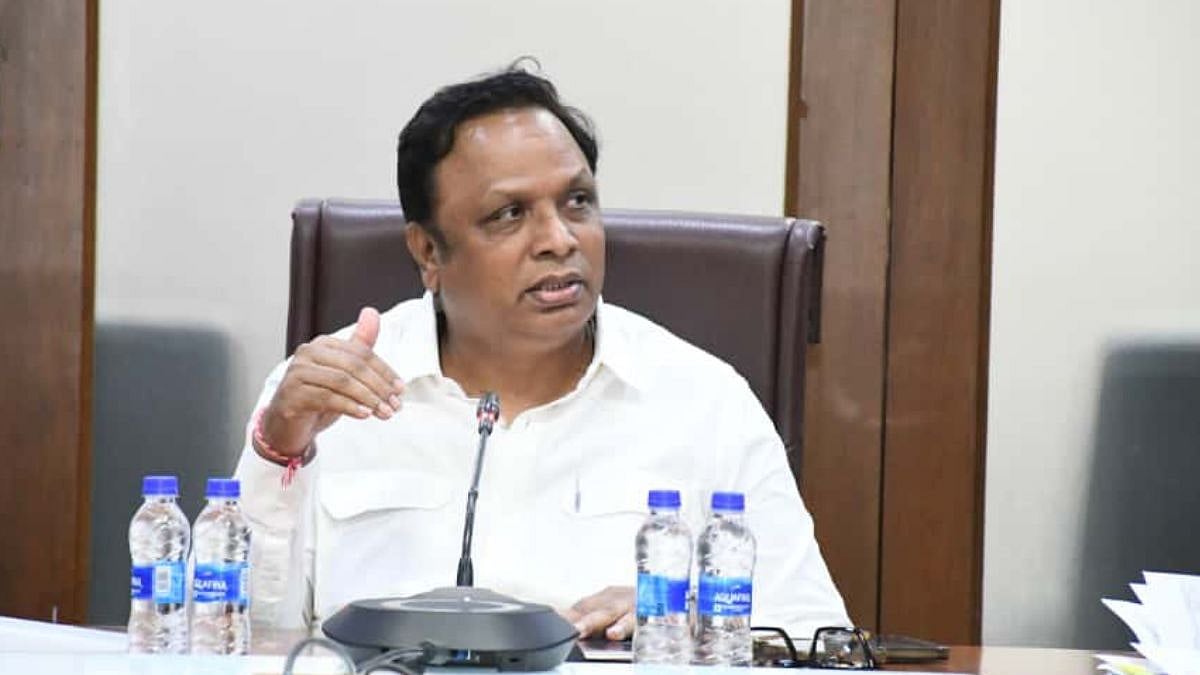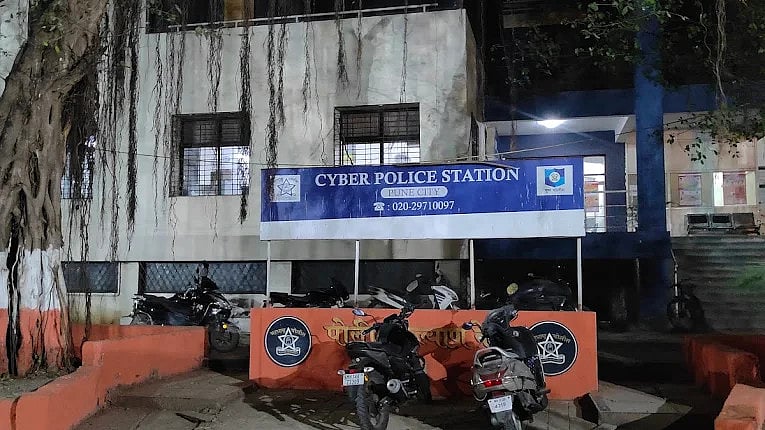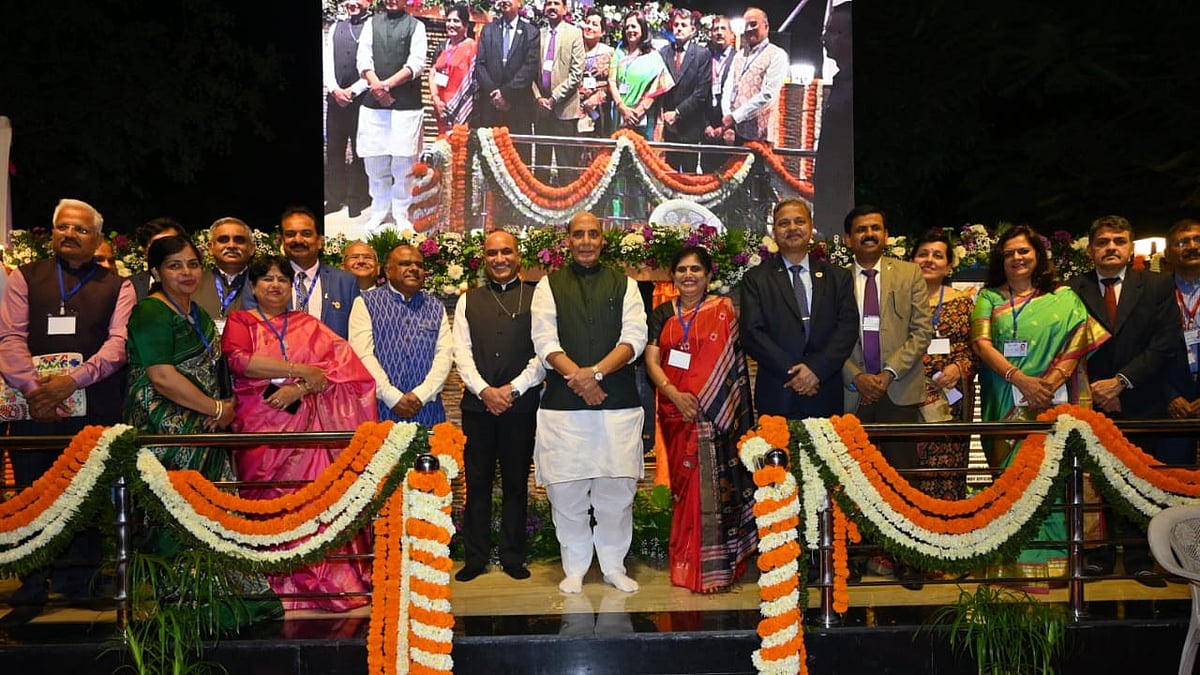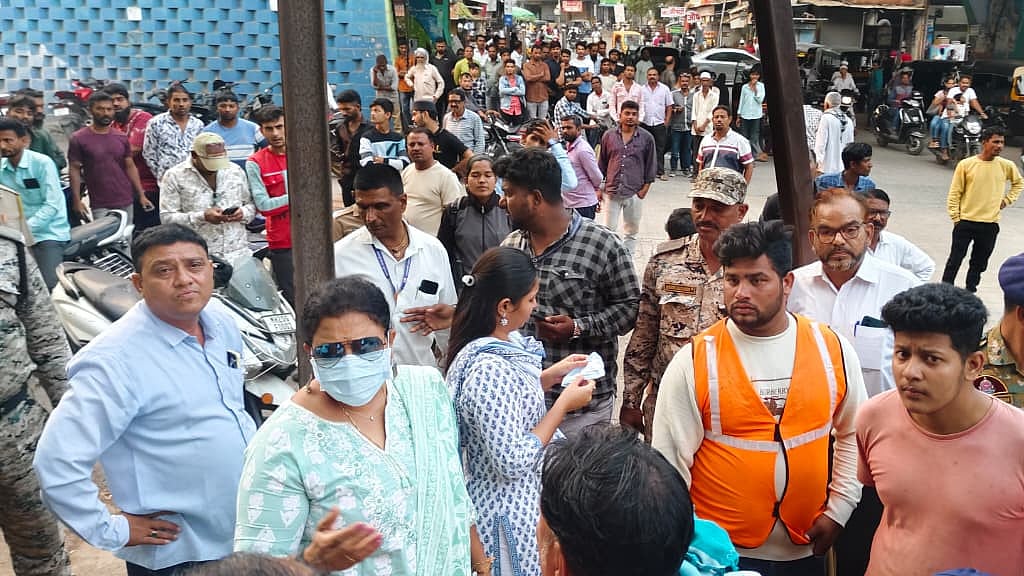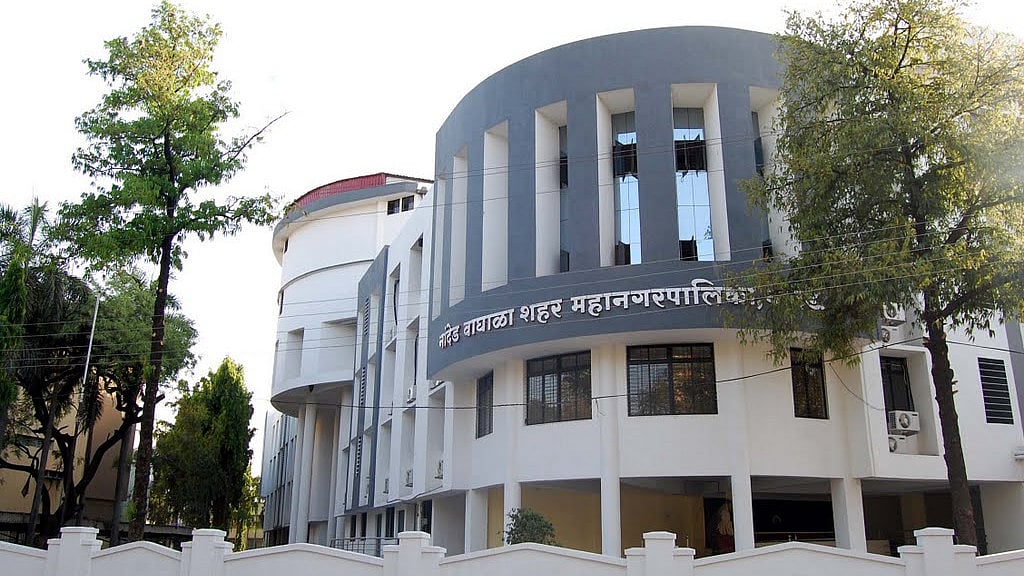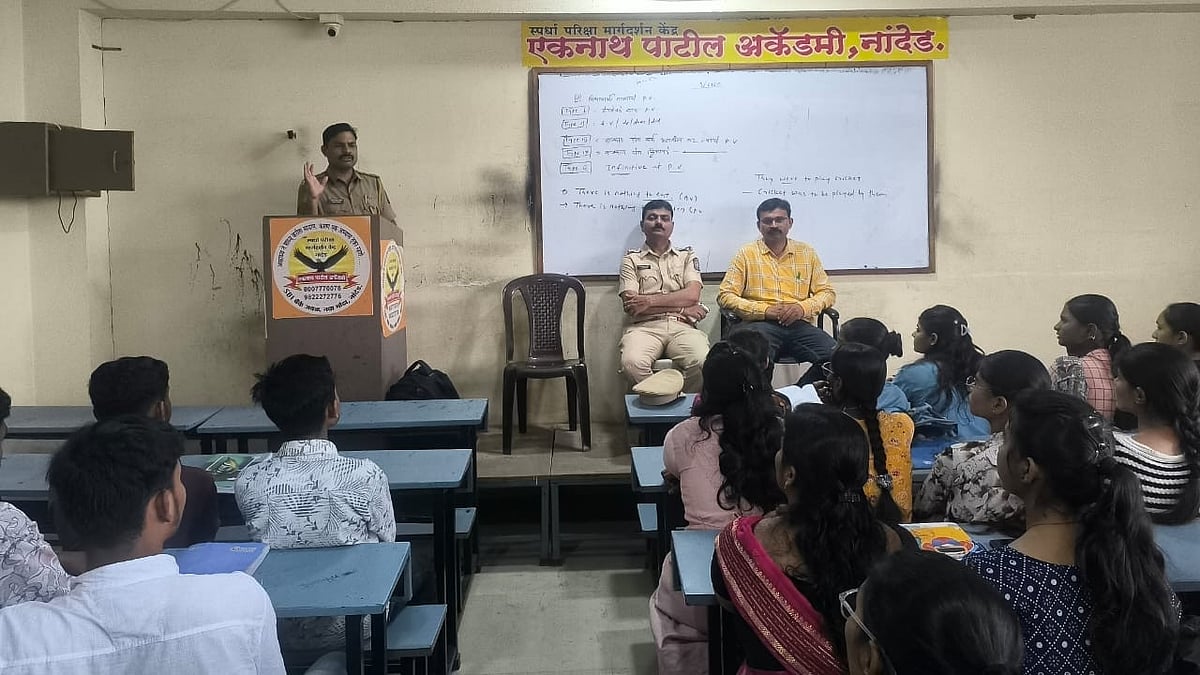A trial run of a hydrogen fuel-powered bus was successfully tested in Pune’s Aundh on Wednesday under the central government’s ‘National Green Hydrogen Mission’. The trials will continue for a week across Pune, and a detailed feasibility study will be done for its inclusion in the public transport.
The trial was conducted with the joint efforts of Pune Mahanagar Parivahan Mahamandal Limited (PMPML), Maharashtra Energy Development Agency (Mahaurja), Indian Oil Corporation and Tata Motors.
The general manager of the Mahaurja project division, Anand Raidurg, present during the trials, said, “Increasing carbon emissions and fluctuating fuel prices have resulted in the government exploring alternative energy solutions. And Pune’s hydrogen fuel bus trial is a step towards it. Over the next week, the bus will be tested on major roads and highways across Pune to examine its performance.”
“Hydrogen fuel is produced by reacting methane with water vapour at distinct temperatures or using electricity to split hydrogen (H₂) from water (H₂O). And hydrogen technology is a clean, renewable, and sustainable source of energy,” he explained.
Raidurg further added, “Experts from several agencies like the Central Institute of Road Transport (CIRT), Automotive Research Association of India (ARAI), Sub-regional transport office (RTO), and Tata Motors will be assessing the trial. And the result will be analysed for the required correction before moving forward, and implementation will follow national safety standards.”
Moreover, Pankaj Deore, chairman and managing director of PMPML, said, “PMPML has been committed to eco-friendly transport options. And so we’ve collaborated with Mahaurja and Tata Motors. Based on the trial’s result, necessary tweaks will be done, and hydrogen buses will be added to PMPML’s fleet.”
Recently, the first-ever hydrogen bus was launched in Ladakh, and they are even operational in Gujarat’s Vadodara and New Delhi. Following the footsteps towards clean energy, Pune is marching towards exploring new technology to gradually reduce dependence on fossil-fuel-based buses.


